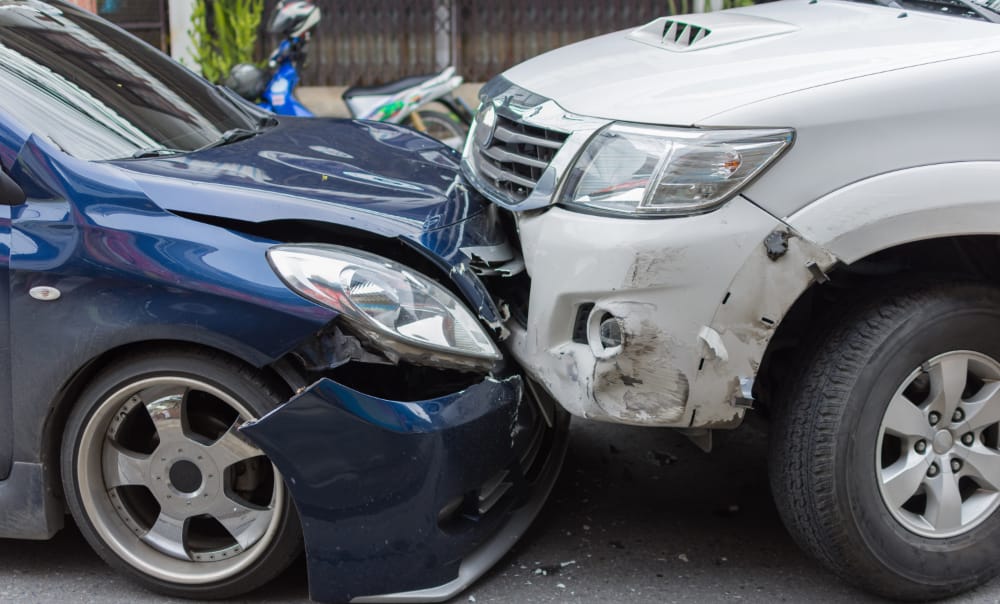
In the aftermath of a car accident, you may feel scared, overwhelmed, and unsure of what to do. But if there are no serious injuries, there are certain steps you need to take immediately afterward to protect your legal rights, ensure safety, and make insurance claims smoother. This guide will walk you through critical actions to take after a car accident.
1. Ensure Safety First
If you’re involved in a car accident, your first priority should be to ensure the safety of everyone involved:
- Move to a safe location if possible, such as the shoulder of the road.
- Turn on the hazard lights to alert other drivers and help emergency crews locate you.
- Avoid standing in traffic lanes.
2. Check for Injuries
Once you are in a safe location:
- Assess yourself and passengers for injuries. Adrenaline can sometimes mask serious injuries.
- Call 911 immediately if anyone is hurt.
- Even minor injuries should be evaluated by a medical professional, as some symptoms may appear later.
3. Call the Police
- In many states, it’s required to report accidents, especially those involving injuries or significant property damage.
- Even if the accident seems minor, an official police report can be critical evidence if disputes arise later.
- If the police can’t come because of the minor nature of the accident, find out how to legally report the accident yourself.
- If needed, ask the police officers present for their name and badge number and how to obtain a copy of the official police report.
4. Exchange Information
Collect essential details from all parties involved in the car accident:
- Full names, addresses, and phone numbers.
- Driver’s license numbers.
- License plate numbers.
- Insurance company and policy numbers.
- Vehicle make, model, and color.
5. Document the Scene

Thorough documentation can protect you if there’s a future dispute:
- Take clear photos of all vehicles, damage, and the surrounding area.
- Capture skid marks, road signs, traffic signals, and relevant weather conditions.
- Write down what happened while it’s fresh in your memory.
6. Gather Witness Information
- Get the names and contact information of anyone who saw the accident.
- Witness statements can be crucial in supporting your account of events.
7. Notify Your Insurance Company
- Report the car accident promptly, even if you’re unsure who was at fault.
- Provide accurate and factual information and keep a record of all correspondence with your insurance company.
- Avoid speculating, admitting fault, or apologizing, as this can be used against you later. Stick to the facts of what happened.
- An insurance agent will typically look over your claim, check the police and witness statements, and inspect your car’s damage.
8. Seek Medical Attention
- Even if your injuries seem minor, you should still have a medical evaluation done.
- Some injuries, like whiplash or internal trauma, may not show symptoms immediately.
- Medical records are essential if you want to pursue a personal injury claim.
9. Keep a Record of Expenses
- Document costs such as medical bills, car repairs, rental cars, and lost wages.
- This will support any insurance or legal claims you make.
10. Consider Legal Advice
- If there are any injuries, disputes over fault, or insurance complications, contact a qualified personal injury attorney.
- Legal guidance ensures your rights are protected and helps you efficiently navigate claims.
Tips for Avoiding Car Accidents
While it’s not always possible to avoid a car accident, here are some tips to minimize your chances:
Never Drive Impaired — Do not drive if you have been drinking or taking drugs that could impair your judgment and reaction time.
Maintain Your Vehicle — Regularly check your tires, brakes, and lights, and ensure they are in good condition.
Plan Ahead — Leave early to avoid feeling rushed, and plan for potential adverse weather conditions.
Stay Focused — Put your phone away, don’t eat, or get involved in any other distracting activities. Slow down and pay attention when driving in bad weather like snow, rain, ice, or fog.
Drive Defensively — Be aware of your surroundings and anticipate potential hazards by looking far down the road, using your mirrors, and never assuming what other drivers will do.
Maintain a Safe Following Distance — Keep at least a three-second gap between your vehicle and the one in front of you to allow for reaction time.
The Bottom Line

A car accident can be a stressful, confusing, and frightening experience. However, knowing what to do afterward can provide you with some peace of mind. Try to stay calm and remember to ensure safety, document the scene, report the incident, and seek proper legal and medical help. This will protect both your well-being and your rights, as well as help you efficiently resolve the aftermath of the accident.
